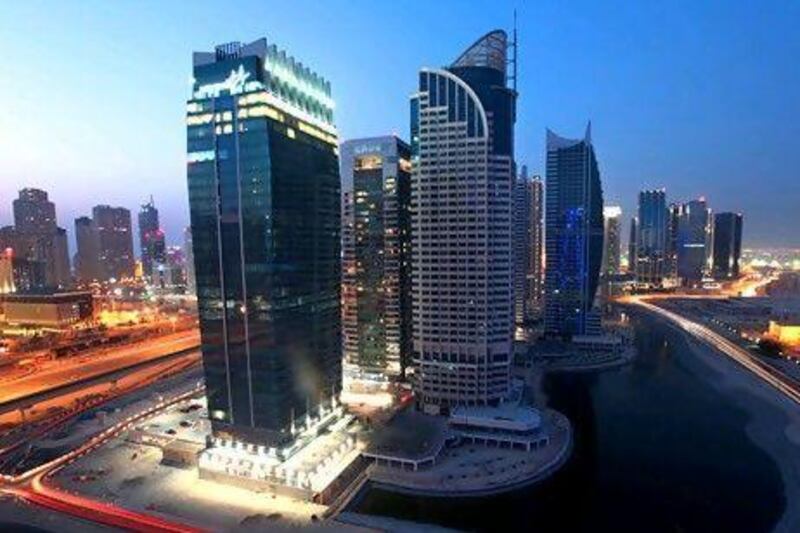Over 40,000 companies have sprouted in the country's more than 30 free zones, avoiding local sponsorship rules in the process.
Video:Free zones in the UAE entice business owners
Neil Parmar looks discusses The National's exclusive series on the growth of free zones in the UAE
[ Watch video in full screen here ]
Read all of our Free Zones series Learn more
But while these investors are able to fully control their companies without a UAE national owning at least a 51 per cent share, too many are unaware of the restrictions that apply when they want to do business outside the zones, legal experts caution.
The rule against trading directly with the rest of the country is clear when it comes to manufactured goods. But the trade in services and intellectual property is a big grey area where many companies may be exposed to legal risks.
Consultancies and other service providers often end up "working day-to-day outside the free zones" - even when they should not be, says Quentin Lowcay, the managing partner of the Kensington Swan law firm in Abu Dhabi.
Officials at Dubai Internet City say businesses there are supposed to provide service contracts so that authorities know where a company's staff is physically located during consulting work.
Other free zones are less strict about policing the whereabouts of company employees, but firms operating within a free zone could still end up being penalised if they are not properly licensed.
"There are grey areas," says James Bernard, the director of business development and client management at Jumeirah Lakes Towers.
Some legal experts say consultants can meet with potential and existing clients outside a free zone but that any actual work or services should be done from an office back at the zone.
"The other thing you have to look at is not just free-zone laws but immigration laws," warns Samer Qudah, a partner at the law firm Al Tamimi & Company.
"Employees are sponsored by the free zone itself. If they [work outside] of the free zone, they'll be in breach of the immigration laws," says Mr Qudah, who notes that such violators can be deported.
Fines for breaking the rules can also be harsh, Mr Qudah warns.
twitter: Follow and share our breaking business news. Follow us





